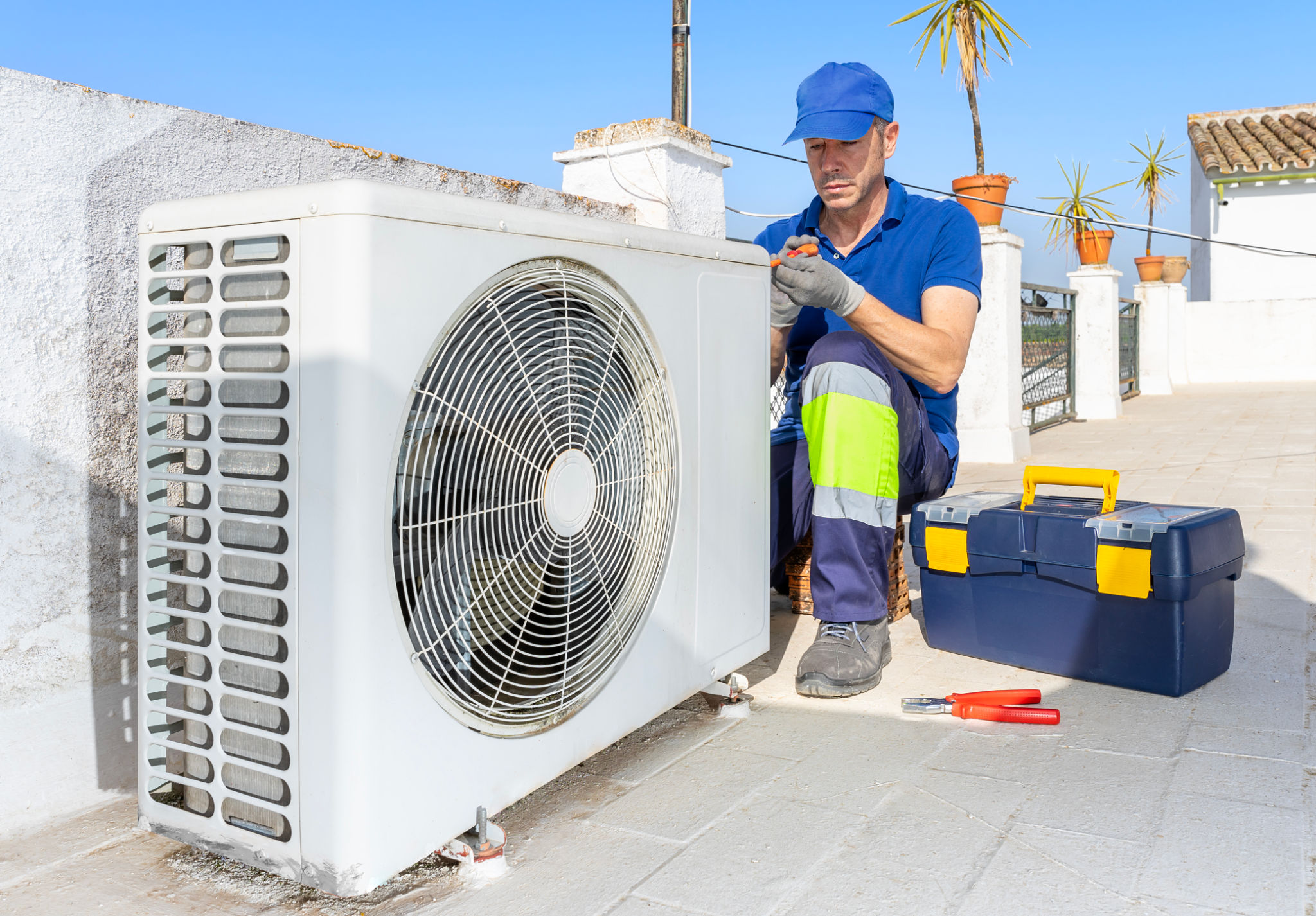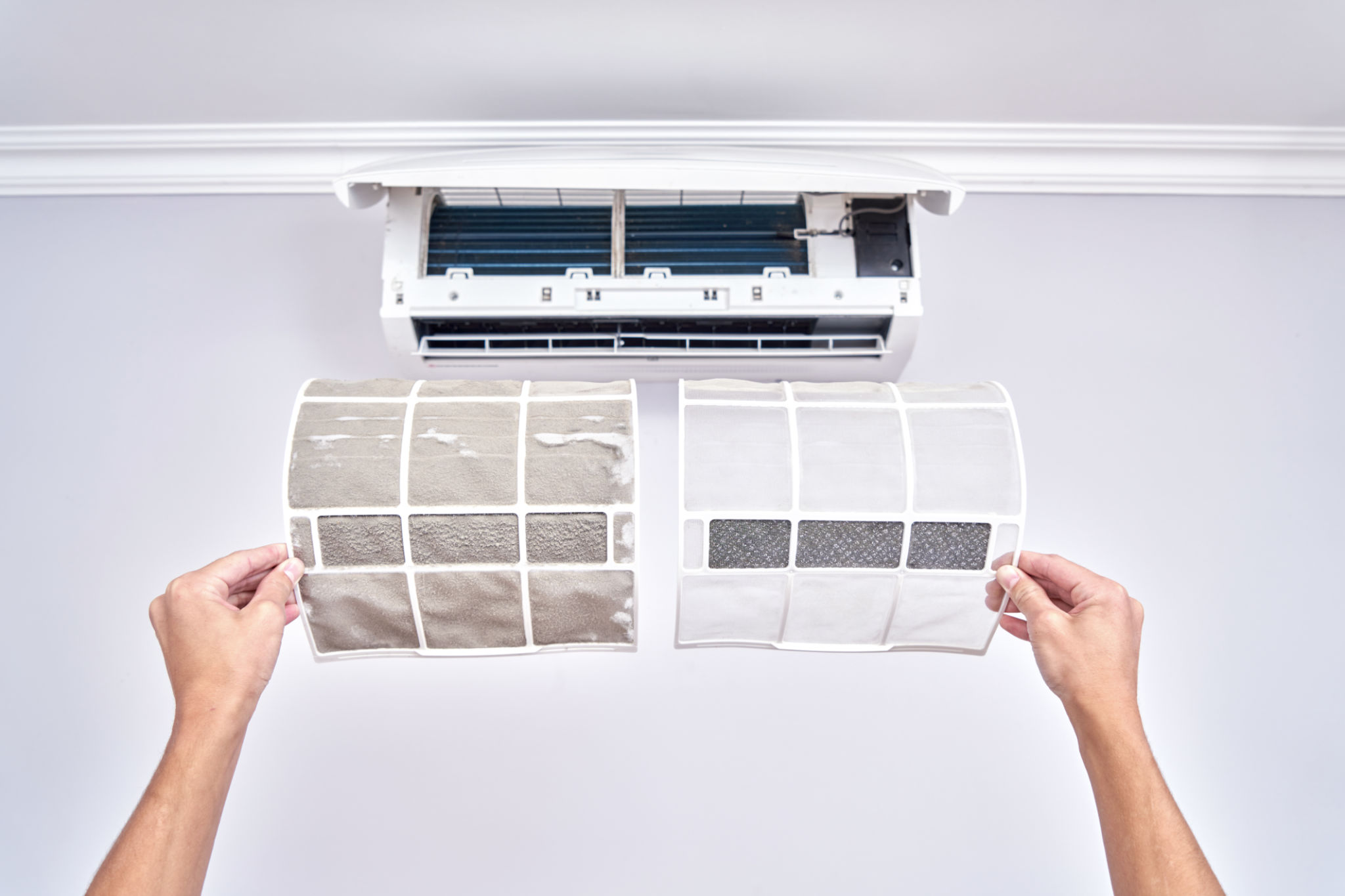How Phoenix's Climate Affects Your HVAC System and What You Can Do About It
RA
Understanding Phoenix's Climate
Phoenix, Arizona, is renowned for its scorching summers and mild winters, a climate that presents unique challenges for homeowners and their HVAC systems. With temperatures often soaring above 100 degrees Fahrenheit, the demand for efficient cooling solutions is ever-present. However, understanding how this climate affects your HVAC system can help you take proactive steps to ensure it operates efficiently year-round.

The Impact of Heat on HVAC Systems
The intense heat of Phoenix places a significant strain on air conditioners and HVAC systems. Prolonged high temperatures mean these systems have to work harder and longer to maintain comfortable indoor conditions. This can lead to increased wear and tear, higher energy consumption, and, ultimately, a shorter lifespan for your equipment. Regular maintenance becomes crucial in such an environment to ensure your system runs efficiently.
Common Issues Faced by HVAC Systems
Several common issues can arise due to the harsh climate in Phoenix. These include:
- Overheating: The relentless heat can cause components to overheat, leading to breakdowns.
- Refrigerant Leaks: High temperatures can increase the likelihood of refrigerant leaks, reducing cooling efficiency.
- Clogged Filters: Dust and debris from the desert environment can clog filters, hindering airflow and system performance.

Maintaining Your HVAC System in Phoenix
To combat the effects of Phoenix's climate on your HVAC system, regular maintenance is key. Scheduling professional maintenance at least twice a year can help identify potential problems before they escalate. Technicians will inspect, clean, and tune up your system to ensure it is running at peak performance.
DIY Maintenance Tips
While professional servicing is essential, there are several DIY maintenance tasks homeowners can perform to keep their systems in top shape:
- Change Air Filters Regularly: Replace or clean filters every 1-3 months to maintain airflow and efficiency.
- Inspect and Clean Outdoor Units: Ensure that the outdoor unit is free from debris and vegetation to allow proper air circulation.
- Seal Ductwork: Check for leaks in ductwork and seal them to prevent energy loss.

Investing in Energy Efficiency
Given the high energy demands of cooling systems in Phoenix, investing in energy-efficient solutions can significantly reduce utility bills. Consider upgrading to a high-efficiency HVAC system or installing a smart thermostat for better temperature control. Additionally, improve home insulation and shading to reduce the cooling load.
The Role of Insulation
Insulation plays a critical role in maintaining indoor temperatures. Ensure that your home is well-insulated to keep the cool air inside during the summer months. This reduces the workload on your HVAC system and helps maintain a comfortable living environment without excessive energy use.
Conclusion
Phoenix's climate poses unique challenges for HVAC systems, but with regular maintenance, smart upgrades, and efficient practices, you can ensure your system runs smoothly. By understanding the demands of the local climate and taking proactive measures, homeowners can enjoy a comfortable indoor environment while minimizing energy costs.
